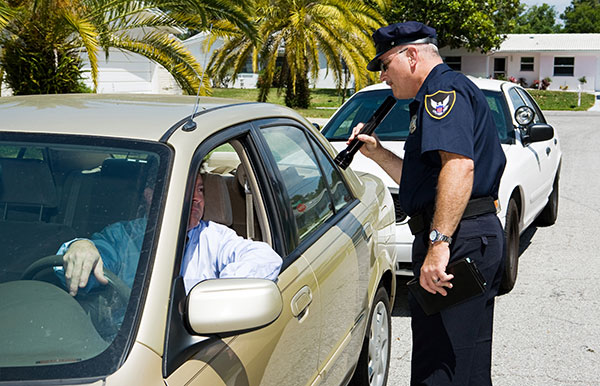Implied Consent Laws Apply to BUI-BWI Cases

Similar to when you drive your vehicle on a highway, the term implied consent means in this situation that by operating a boat within the State’s boundaries, you have impliedly and automatically given your consent to give a sample of your breath, blood or urine for chemical analysis if a law enforcement officer decides to arrest you for a “moving” violation (such as going faster than the posted maximum “no-wake” speed in a harbor area) or an equipment issue (lick of flotation devices on all passengers or a missing navigational light) occurring as a result of you operating a boat. A typical BUI-BWI statute reads that a person who operates a water device on a public waterway is considered to have given consent to chemical tests or analysis of his breath, blood, or urine to determine the presence of alcohol, drugs, or a combination of both if arrested for an offense arising out of acts alleged to have been committed while the person was operating or directing the operation of a vessel while under the influence of alcohol, drugs, or a combination of both.
After a BUI-BWI arrest is effected, any breath or blood test given must be administered at the direction of the arresting law enforcement officer. If the person is physically unable to provide an acceptable breath sample because he or she has an injured mouth, or is unconscious, a blood sample may be collected for forensic testing.
If the officer has reasonable grounds to believe the person is under the influence of drugs other than alcohol, the officer may order that a urine sample be taken for testing, and possibly also a blood test.
Typically, if the suspected boating while intoxicated vessel operator is rendered unconscious, his or her implied consent for law enforcement still requires him or her to provide a blood, breath, or urine sample for either drugs or alcohol. Consent is not withdrawn simply by virtue of the inability to say “no” to the officer. This “implied” consent that you WILL supply a forensic sample allows the police to collect evidence that can be used against you following your detention, regardless of your awareness of being tested. One of the most important ramifications of this type of law is that you will not later be able to claim you would have refused to allow a sample to be taken if you had been conscious.
For a FREE Case Evaluation with a specialized DUI-DWI attorney near me, call or submit your case details. We are available 24 hours/7 days a week
1-844-TEAM-DUI (1-844-832-6384)
Copyright 2025. William C. Head. All Rights Reserved.